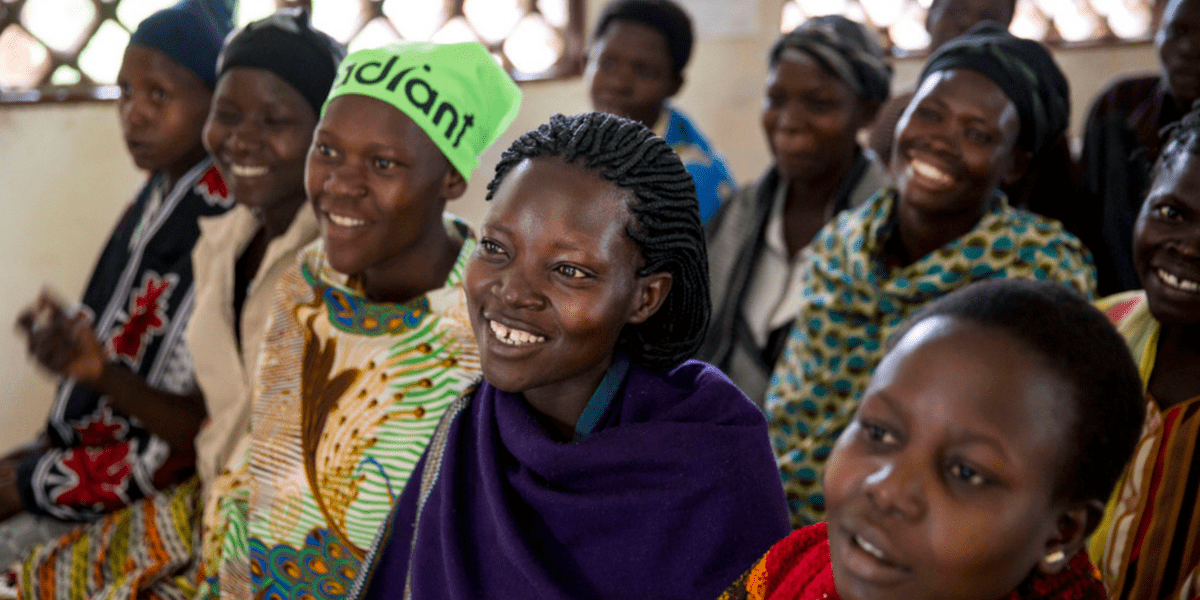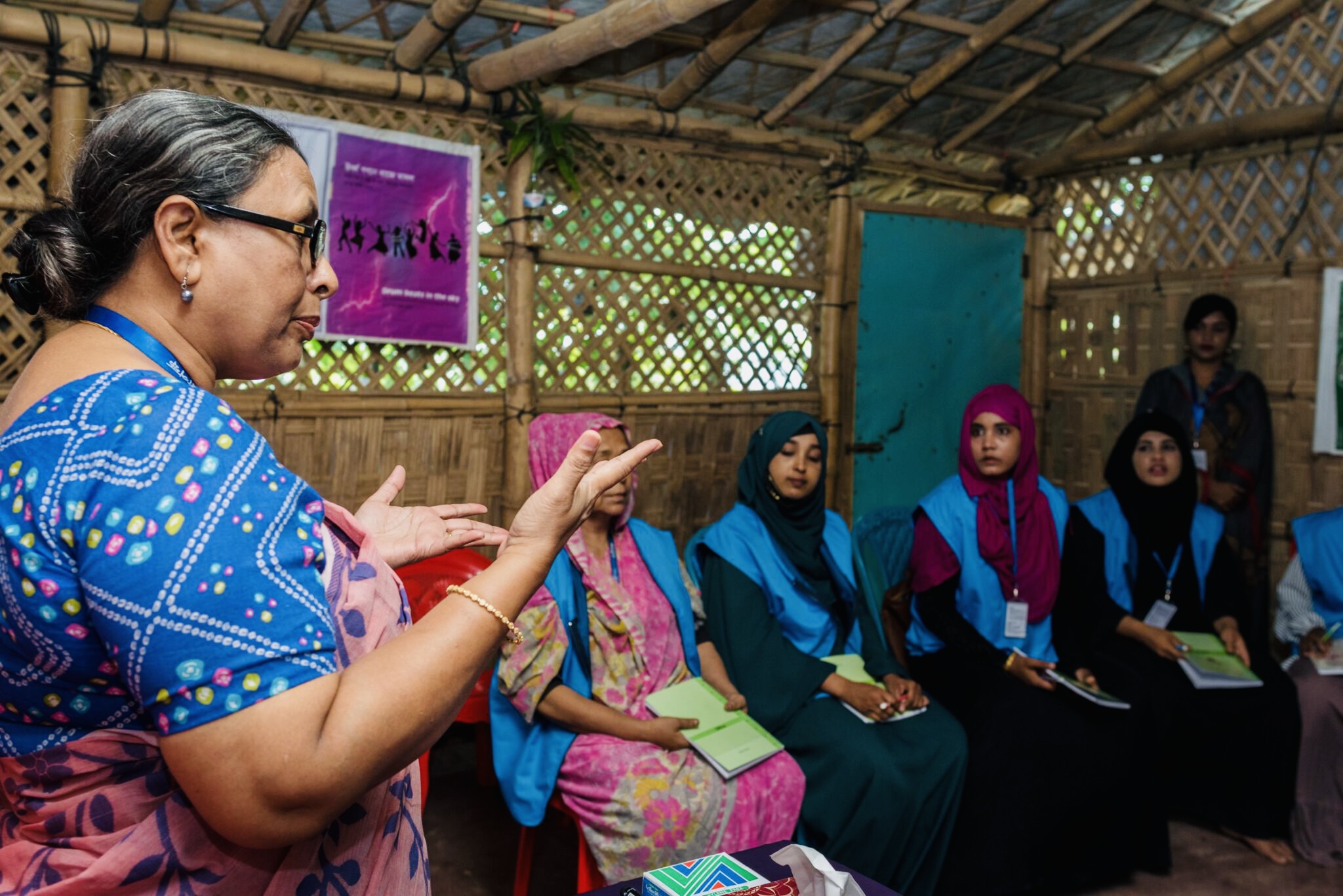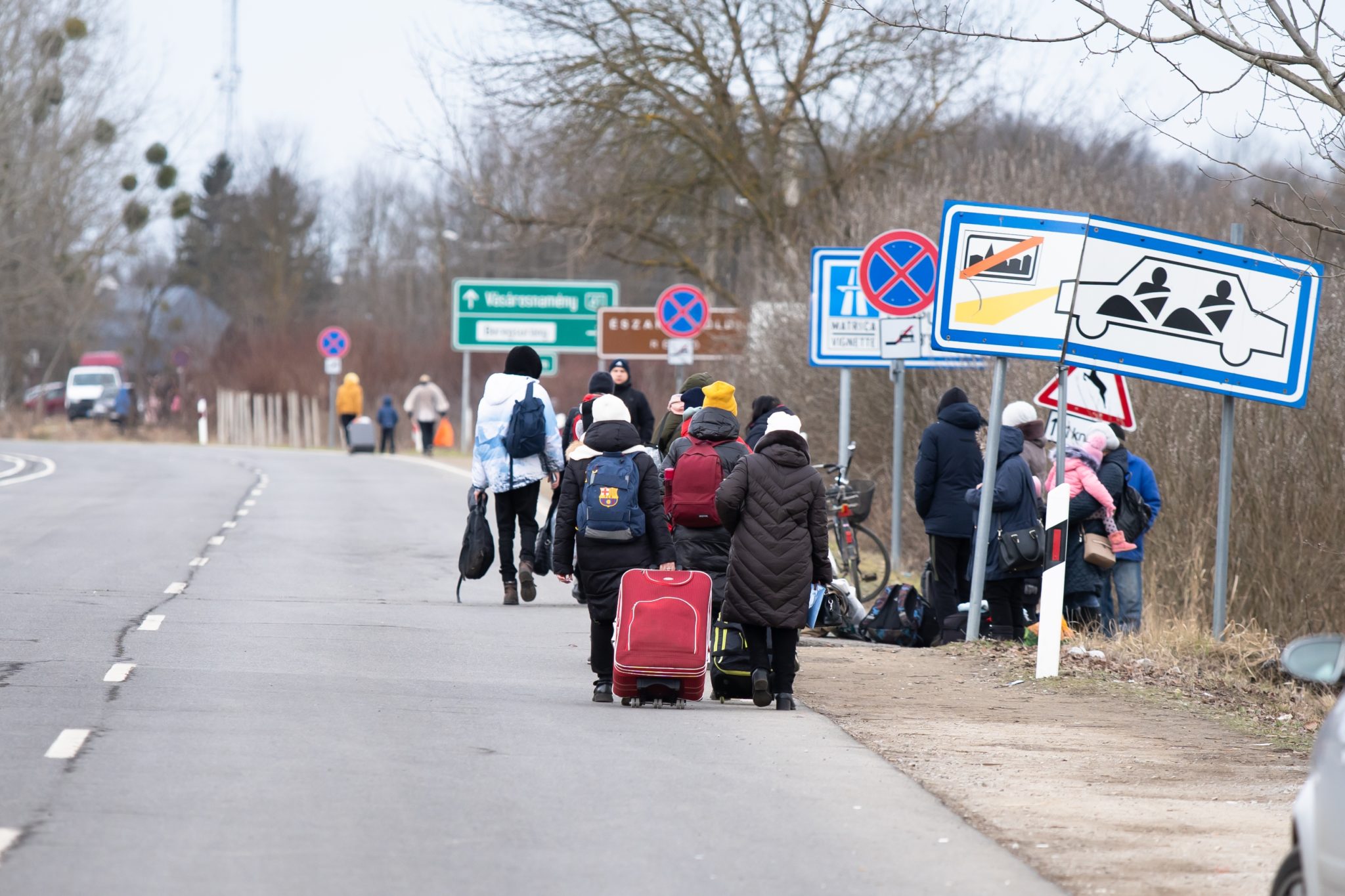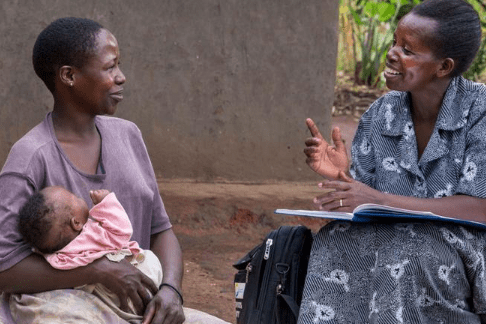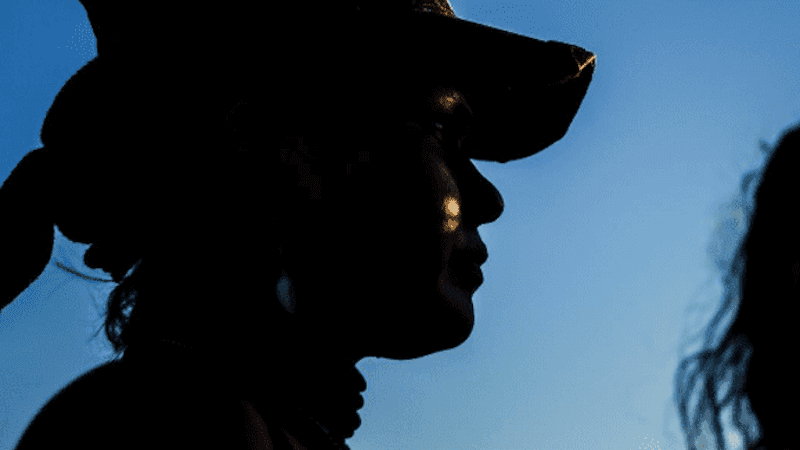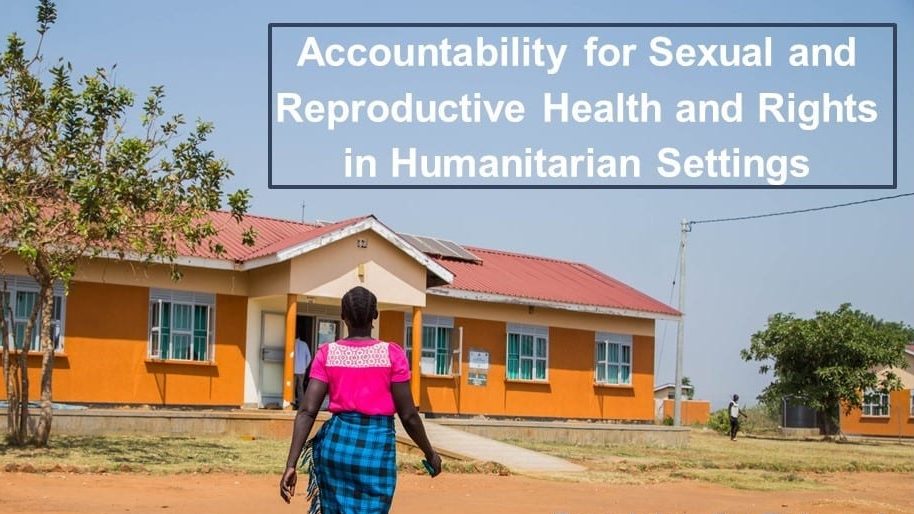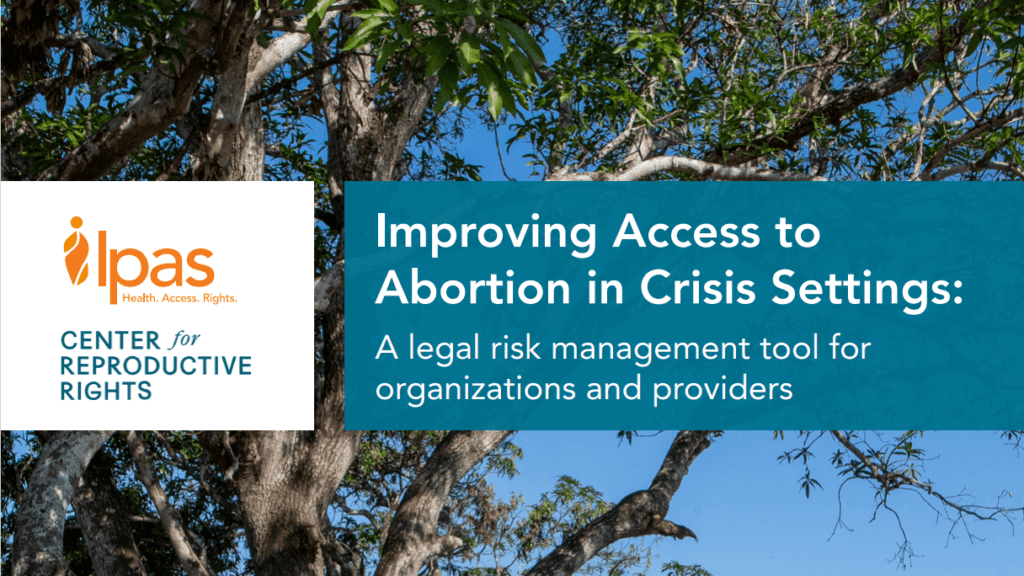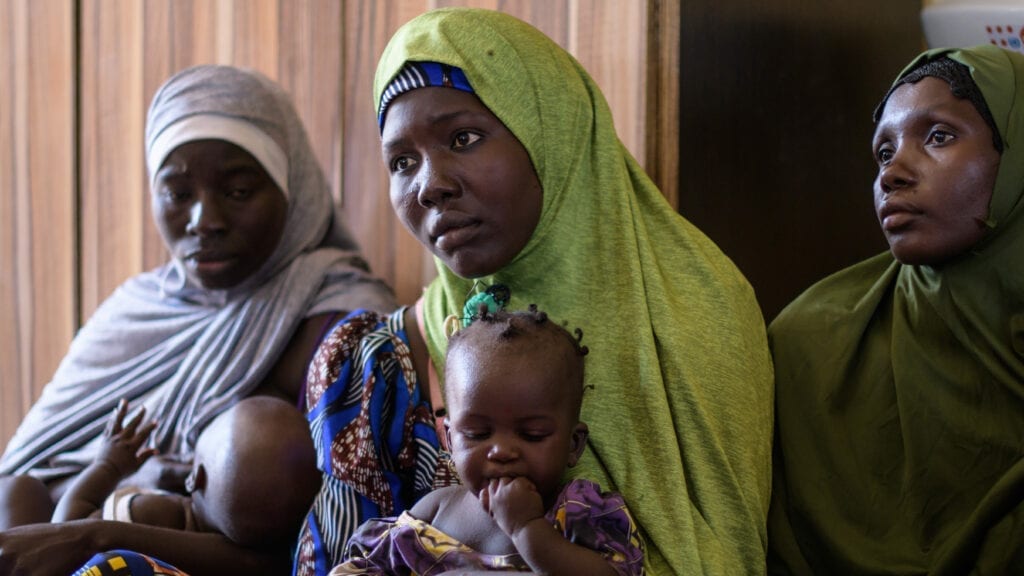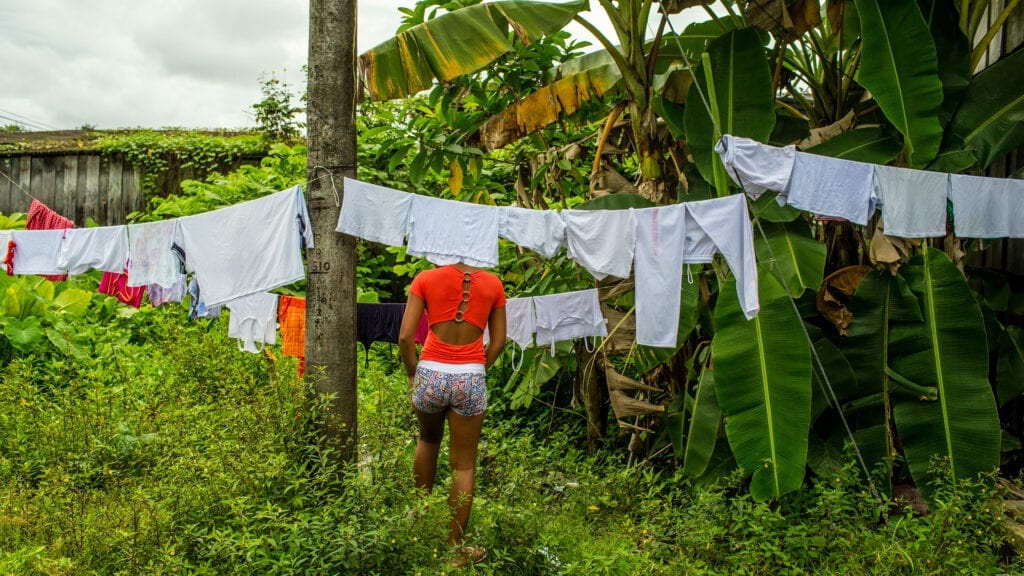Humanitarian Settings
In humanitarian and transitional justice settings, the Center for Reproductive Rights works to guarantee sexual and reproductive health and rights (SRHR) and to hold governments accountable for their human rights obligations.
Summary
Conflict and humanitarian emergencies, including natural disasters and forced displacement, have dire consequences on sexual and reproductive health and rights (SRHR)—including increased risks of sexual violence, human trafficking, and forced marriage. Such abuses contribute to unintended pregnancies, unsafe abortion, and maternal mortality and violate human rights.
Lack of reproductive health information and services—including obstetric, prenatal, and postnatal care; modern contraceptives including emergency contraception; and safe abortion and post-abortion care—further harms the health of women and girls.
Through legal accountability measures, advocacy, movement building, and research, the Center works to ensure that States respect, protect and fulfill SRHR and are held accountable if they fail to do so; humanitarian responders implement rights-based sexual and reproductive health services; and women and girls can realize their reproductive health and rights in these settings and have access to justice and effective remedies when these rights are violated.
Key Facts
54 million
Women, girls and young people–including 35 million women of reproductive age–are in need of humanitarian assistance.
1 in 54
The lifetime risk of maternal mortality in countries designated as fragile states, compared to 1 in 180 globally.
52%
Of the refugee population in 2017 were children under 18 years old.
Work and Cases
Explore the Center’s recent initiatives in humanitarian and transitional justice settings.
Center-led program at Cox’s Bazar refugee settlement aims to improve access to sexual, reproductive and maternal health services.
Evidence-based analysis of gender in the regional response to the war in Ukraine.
A joint initiative with CARE International to protect SRHR of women and girls in a Uganda refugee settlement.
Publications and Resources
Research on Reproductive Violence in Colombia
Making visible reproductive rights violations during armed conflict in Colombia (in Spanish). Read more.
Accountability for SRHR in Humanitarian Settings
This technical paper examines obligations under international law and commitments made by states at the UN regarding access to sexual and reproductive health information and services for civilians in humanitarian settings, including in armed conflict.
Improving Access to Abortion in Crisis Settings
This tool is designed to help program planners and organizations understand abortion law and manage legal risk when providing or supporting access to abortion for people who are displaced by crisis. Read more.
Boko Haram Conflict: Accounting for Resiliency and Abuse in Nigeria
The Center for Reproductive Rights details the impact of the Boko Haram conflict on the sexual and reproductive health and rights of women and girls in a Nigerian refugee settlement. Read more.
Colombian Truth Commission Hearing: Women and Transgender Victims of Reproductive Violence
The Center took part in this hearing space as part of an agreement with the Colombian Truth Commission in order to contribute to the clarification of the truth and non-repetition. Read more.
Salud Reproductiva y Glifosato en el Contexto de Conflicto Armado
(“Reproductive Health and Glyphosate in the Context of the Colombian Armed Conflict”)
Research report showing that the herbicide used in Colombia’s crop eradication program harms reproductive health. Read more.
Photo credit: Federico Ríos
